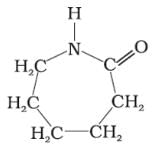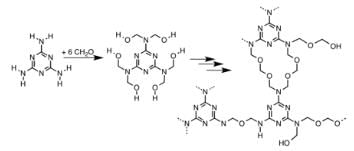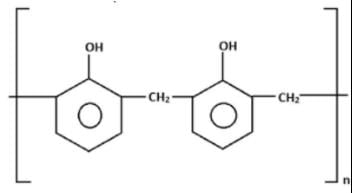Test: Polymers (Old NCERT) - JEE MCQ
25 Questions MCQ Test - Test: Polymers (Old NCERT)
For macromolecules to form, one more of the following criteria are essential
One of the statements below is not true for the classification of polymers can be classified on the basis of their
Which of the following polymers have tetrafluoroethene monomer units?
Cellulose acetate (rayon) and cellulose nitrate are __________ polymers
One of the following rubbers is used in making oil seals, tank lining, etc.
Which of the following polymer can be formed by using the monomer unit represented below?

Which branched chain isomer of the hydrocarbon with molecular mass 72u gives only one isomer of mono substituted alkyl halide?
Which of the following statements about low density polythene is FALSE?
One of the following is used in speciality packaging, orthopaedic devices and in controlled release of drugs.
Dacron is manufactured by heating a mixture of ethylene glycol and terephthalic acid with one of the Conditions given below.
Which one of the following is not a condensation polymer?
Which of the following monomers form biodegradable polymers?























